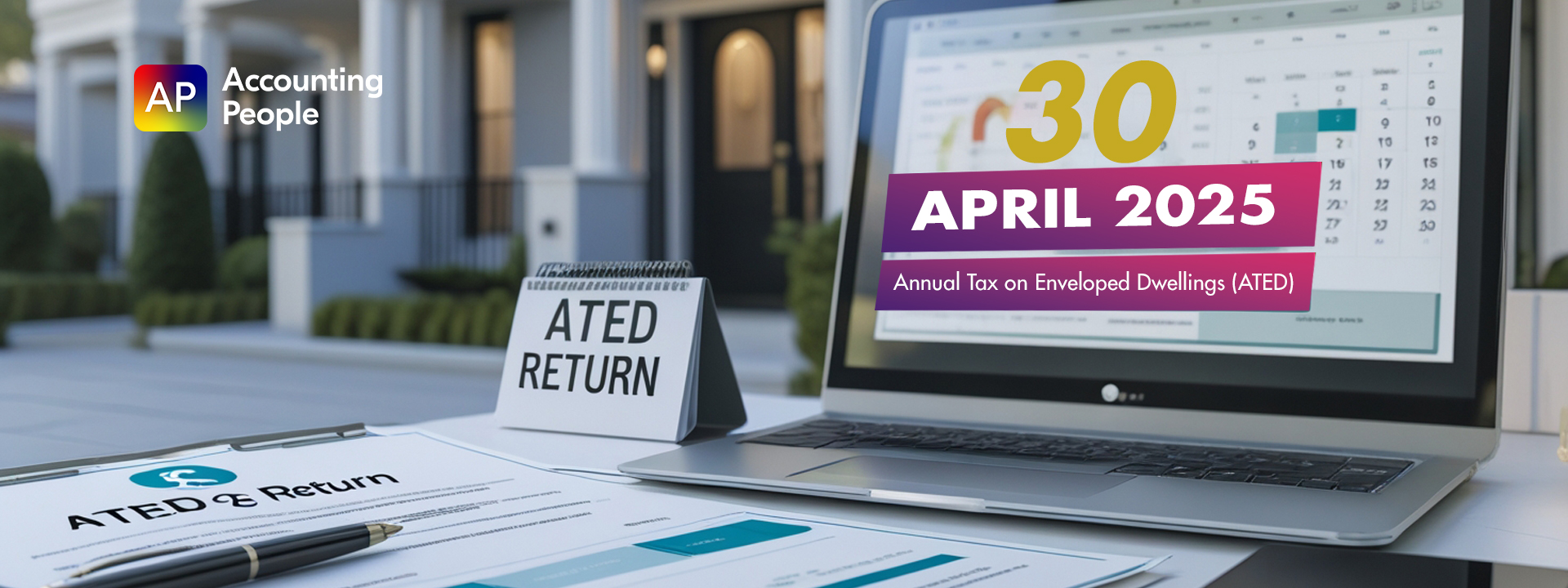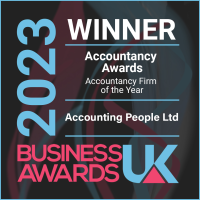The annual compliance season for the Annual Tax on Enveloped Dwellings (ATED) is fast approaching. Originally introduced to address the issue of luxury UK residential properties held in corporate wrappers, the ATED regime has since expanded considerably. Today, any corporate entity holding UK residential property valued over £500,000 as of 1 April 2022 may be required to submit an ATED return and potentially pay an annual charge.
Who Needs to Submit an ATED Return?
Entities such as UK companies, non-UK incorporated companies, collective investment schemes (including unit trusts and OEICs), and partnerships with a corporate member that own qualifying properties must assess their obligations under the ATED regime.
For the 2025/26 tax year, ATED returns are due by 30 April 2025. This applies to properties held as of 1 April 2025 and valued at more than £500,000.
What Qualifies as an ATED Property?
A property falls under the ATED regime if it is a residential dwelling, either wholly or partially used (or usable) as a residence. This includes associated land such as gardens.
Excluded Properties:
- Non-residential buildings (factories, shops)
- Non-UK located properties
Forward-Looking Tax with Annual Relief Claims
ATED is a unique forward-looking tax, meaning that returns and payments are made in advance of the applicable tax year. Reliefs, even if they result in a nil charge, must be claimed annually to avoid penalties and interest.
ATED Payment Deadlines and Pro-Rata Rules
If a company acquires a qualifying property partway through the year, the ATED return must be submitted within 30 days of acquisition. The payment or relief will be calculated pro-rata from the acquisition date to 31 March 2026.
Similarly, if a property is sold during the year, the ATED return can be amended to reclaim a pro-rated refund of the charge paid.

ATED Valuation and Revaluation Rules
The charge payable is determined based on the property value as of 1 April 2022. However, a revaluation may be required if:
- Significant refurbishments or developments have occurred since that date.
- The property has changed in condition or usage significantly.
In such cases, the revaluation must be done as of the completion date of the works.
ATED Chargeable Amounts for 2025/26
HMRC has released the ATED charges for the tax year running from 1 April 2025 to 31 March 2026:
| Property Value Range | Annual ATED Charge |
| £500,001 to £1 million | £4,450 |
| £1 million to £2 million | £9,150 |
| £2 million to £5 million | £31,050 |
| £5 million to £10 million | £72,700 |
| £10 million to £20 million | £145,950 |
| Over £20 million | £292,350 |
Late filings can lead to penalties up to £1,600 per return, in addition to interest on unpaid charges.
Common ATED Reliefs and Exemptions
ATED offers several reliefs that may reduce the charge to nil, but each must be claimed annually:
Available Reliefs:
- Property rental businesses (including FHLs and Airbnb-type rentals)
- Properties open to the public
- Farmhouses
- Properties occupied by employees in the course of their duties
- Property traders and developers
- Financial institutions in possession through lending
- Providers of social housing
Additionally, properties offered under the Homes for Ukraine sponsorship scheme may qualify for specific reliefs.
Exempt Properties:
- Charitable properties used for charitable purposes
- Properties owned by public bodies or national institutions
- Conditionally exempt properties from inheritance tax
Importance of Proactive ATED Review
Given the continued rise in UK property values and the relatively low £500,000 threshold, more properties are falling within the scope of ATED. It is crucial for businesses and entities holding UK residential property to review their ATED exposure regularly.
Professional advice from a qualified tax adviser can help ensure full compliance, maximize applicable reliefs, and avoid unnecessary penalties.
Need Help with Your ATED Return?
If you believe you may be within the scope of ATED for 2025/26, now is the time to speak with your tax adviser. Acting early ensures accurate valuation, timely relief claims, and full compliance with HMRC regulations.
Let’s make accounting stress-free. Book your free consultation today with The Accounting People and get expert guidance on your ATED return.



